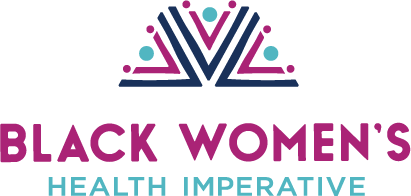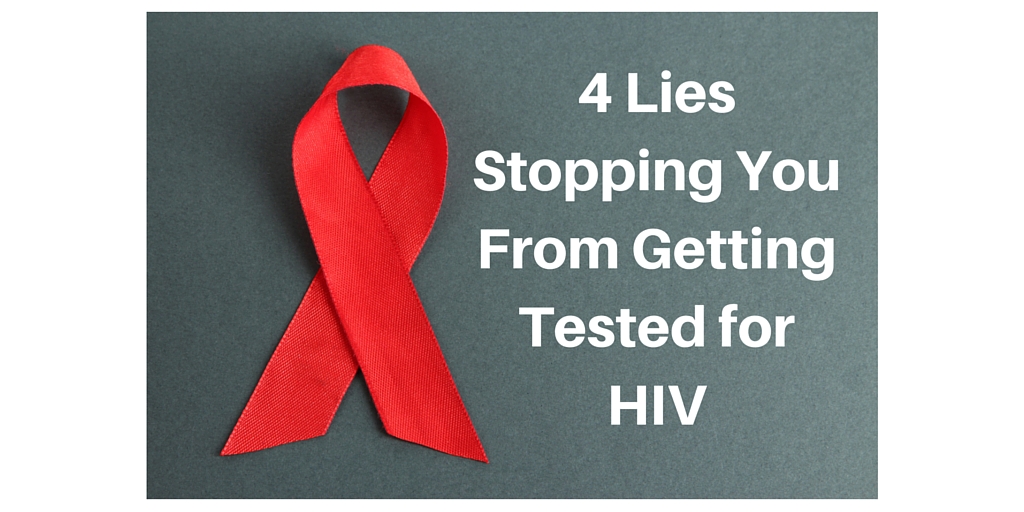
With a black shirt that read, “HAVING SEX?” in bold, pink letters, I walked through the streets of Washington DC, telling people the importance of getting tested for HIV and pointing them in the direction of a van where they could get tested for free.
I have to admit, walking through a predominantly Black and Brown community wearing this shirt did at some points make me uncomfortable. Although I was promoting something that is meant to help our communities and enhance the way people are living, I felt in some ways that I was infiltrating their private space. My presence is forcing them to reflect on the question, “are you having sex?” and if the answer is yes, the following question would be, “could I have been infected?”
Although the testing was free, many people were hesitant or simply refused to get tested. Initially, their excuses seemed almost comical, but then I realized that there is nothing funny about the misinformation – lies – that were preventing these people from getting tested for HIV. So I’d like to dispel some of the myths.
Myth 1: I’m married. I don’t need to get tested.
A lot of this myth has to do with how we are brought up to believe that marriage is sacred and untouchable and we should all trust our partners within this sanctified union. This is true. Trust is a large part of being in any relationship. However, trust does not mean compromising one’s health. Getting an HIV test does not mean you are suspicious that your partner is participating in extra-marital affairs. It is perfectly fine and even highly recommended that you know your HIV status within a monogamous relationship. Think about this as part of maintaining your relationship. The more you know about your health, the better partner you will be.
Myth 2: Getting tested for HIV means that I am, or have been, sexually promiscuous.
This myth is based on the notion that HIV only affects those who have sex with a lot of people. Truth is, HIV can be contracted in many different ways. Yes, having unprotected sex with multiple partners does increase your risk, but having unprotected sex with only one partner can get you infected, too.
And let’s remember, sex isn’t the only way HIV is transmitted. It can also be transmitted by sharing needles with an infected person, being pricked by a needle that an infected person used and from infected mother to child.
Wanting to know your status is not an indication to your healthcare provider or family that you have been sexually promiscuous. It means you are taking control and holding yourself accountable for your sexual health.
Myth 3: I haven’t slept with anyone on the ‘down low.’
1 in 32 Black women is expected to be infected with HIV in her lifetime. The statistic is startling but this issue does not lay solely at the feet of Black men who haven’t made their sexuality public. This myth perpetuates the belief that HIV is a ‘gay man’s disease.’ Heterosexual men and women can both contract and transmit HIV.
Myth 4: If I test positive for HIV, I am going to die.
Although having HIV will change your daily routine and your relationship dynamics, you will not die simply from having tested positive. Thankfully, with the help of modern medicine, people with HIV are living longer, full lives. If the virus is detected early, treatment can start earlier.
Feelings of apprehension about getting tested for HIV are completely valid. However, fear is only secondary to living a happy, healthy life where you are in control. Get tested and reclaim your body!
FIND A TESTING CENTER NEAR YOU
Source: BWHIBLOG


